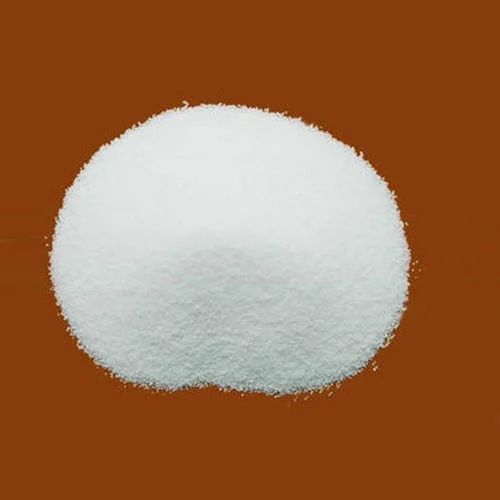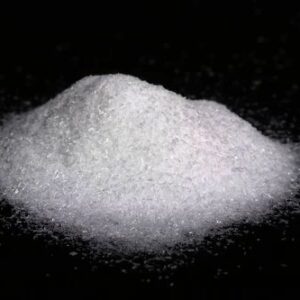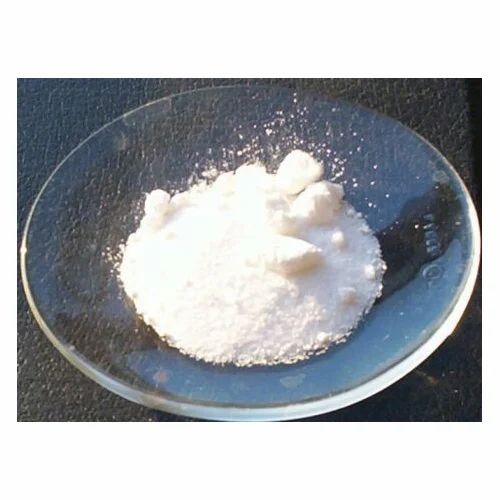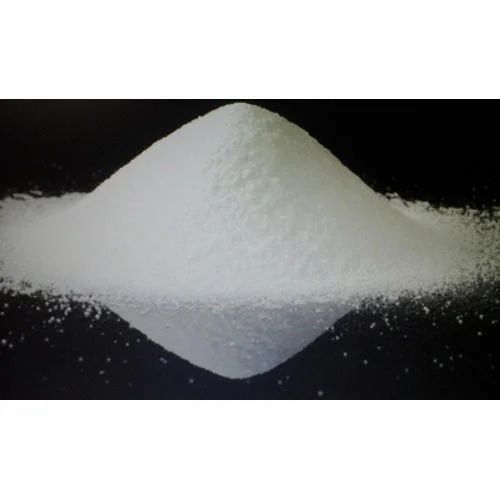Calcium Stearate Powder: The Ultimate Guide
Calcium stearate powder is a versatile and widely used compound derived from the reaction of calcium hydroxide and stearic acid. With the chemical formula C36H70CaO4C_{36}H_{70}CaO_4, this white, waxy powder is known for its lubricating, anti-caking, and emulsifying properties. Calcium stearate is commonly utilized across various industries, including pharmaceuticals, food, plastics, and cosmetics. In this comprehensive product description, we will delve into the properties, applications, benefits, and safety considerations of calcium stearate powder, emphasizing its significance in multiple sectors.
Chemical Properties
Composition and Structure
Calcium stearate is a calcium salt of stearic acid, which is a saturated fatty acid. Its molecular weight is approximately 604.86 g/mol, and it typically appears as a fine, white powder. The compound is stable under normal conditions and has a relatively low solubility in water, making it suitable for various applications.
Physical Characteristics
- Appearance: White, waxy powder
- Molecular Weight: 604.86 g/mol
- Solubility: Insoluble in water; soluble in organic solvents
- Melting Point: Approximately 150 °C (302 °F)
- Density: About 1.1 g/cm³
These properties contribute to the diverse applications of calcium stearate powder in different industries.
Applications of Calcium Stearate Powder
1. Pharmaceuticals
In the pharmaceutical industry, calcium stearate powder is used as a lubricant and anti-adherent in tablet formulation. It helps ensure the smooth operation of machinery during the production of tablets, while also preventing ingredients from sticking to equipment. This improves the overall efficiency of the manufacturing process.
2. Food Industry
Calcium stearate is utilized in the food industry as an emulsifier and stabilizer. It helps improve the texture and consistency of various food products, including baked goods, margarine, and confectionery. Its anti-caking properties prevent clumping, ensuring that powdered food products remain free-flowing.
3. Plastics and Polymers
In the plastics industry, calcium stearate is employed as a lubricant and release agent during the processing of polymers. It facilitates the production of plastic films, sheets, and molded products by reducing friction and preventing sticking to machinery. This enhances the quality and finish of plastic products.
4. Cosmetics and Personal Care
Calcium stearate powder is often included in cosmetic formulations for its emulsifying and thickening properties. It helps stabilize creams, lotions, and other personal care products, improving texture and consistency. Additionally, its lubricating properties contribute to a smooth application on the skin.
5. Rubber Industry
In the rubber industry, calcium stearate is used as a lubricant and processing aid. It improves the flow of rubber compounds during mixing and molding, while also preventing sticking to molds and machinery. This enhances the overall efficiency of rubber manufacturing processes.
6. Construction
Calcium stearate is sometimes used in construction materials as a water-repellent additive. It helps improve the durability and longevity of concrete and other building materials by preventing water penetration.
Advantages of Using Calcium Stearate Powder
1. Versatility
One of the primary advantages of calcium stearate powder is its versatility. Its applications span across various industries, making it a valuable resource for manufacturers looking to improve product quality and performance.
2. Effective Lubricant
Calcium stearate serves as an effective lubricant in many processes, reducing friction and improving efficiency in manufacturing. This is particularly beneficial in the pharmaceutical and plastics industries, where smooth operation is crucial.
3. Anti-Caking Properties
The anti-caking properties of calcium stearate powder help maintain the quality and consistency of powdered products in the food industry. This ensures that products remain easy to use and do not clump together.
4. Natural Origin
Calcium stearate is derived from natural sources, which appeals to consumers seeking clean-label products. Its natural origin makes it a preferred choice in formulations for food and personal care products.
How to Use Calcium Stearate Powder
1. In Pharmaceuticals
When using calcium stearate powder in pharmaceutical formulations:
- Dosage: Typically, 0.5% to 2% of calcium stearate is used in tablet formulations as a lubricant.
- Mixing: Ensure even distribution by blending calcium stearate with other ingredients before the compression of tablets.
2. In Food Products
For food applications:
- Incorporation: Calcium stearate can be added during the mixing process of food products. Recommended usage ranges from 0.1% to 0.5%, depending on the specific application.
- Quality Control: Regularly monitor food products for consistency and texture, adjusting the amount of calcium stearate as needed.
3. In Plastics and Polymers
For plastic manufacturing:
- Application: Incorporate calcium stearate into polymer formulations at levels typically ranging from 0.5% to 3% as a lubricant.
- Monitoring: Evaluate the quality of finished products to ensure desired performance and finish.
4. In Cosmetics
For cosmetic formulations:
- Formulation: Use calcium stearate at concentrations of 1% to 5% to achieve desired emulsifying and thickening effects.
- Testing: Conduct stability tests to ensure that formulations maintain their integrity over time.
5. In Rubber Production
When using calcium stearate in rubber applications:
- Dosage: Typically, 1% to 3% is added during the mixing process to improve flow and processing.
- Evaluation: Regularly assess the quality of rubber products to ensure optimal performance.
Safety and Handling
1. Toxicity
Calcium stearate is generally recognized as safe for use in food and pharmaceutical applications. However, as with any chemical, proper handling is essential to minimize risks.
2. Protective Measures
When handling calcium stearate powder, it is important to:
- Wear Protective Gear: Use gloves, goggles, and appropriate protective clothing to minimize exposure risks.
- Ensure Ventilation: Work in a well-ventilated area to avoid inhaling dust.
3. Storage
Store calcium stearate powder in a cool, dry place away from direct sunlight and moisture. Ensure that containers are tightly sealed to prevent contamination and degradation.
Environmental Considerations
Calcium stearate is considered environmentally friendly, as it is derived from natural sources. However, proper disposal methods should be followed to minimize any potential impact. Always adhere to local regulations regarding chemical waste disposal.
Conclusion
Calcium stearate powder is a versatile and essential compound widely used in pharmaceuticals, food processing, plastics, cosmetics, and more. Its unique properties, such as effective lubrication and anti-caking capabilities, make it an invaluable resource for manufacturers across various sectors.
When purchasing calcium stearate powder, choose reputable suppliers that provide high-quality products and detailed safety data sheets. Understanding its applications, benefits, and safety measures will help you maximize the potential of this remarkable compound in your projects.
Whether you’re a pharmaceutical manufacturer looking to improve tablet production, a food processor aiming to enhance product quality, or a cosmetic formulator seeking effective emulsifiers, calcium stearate powder can meet your needs. Embrace the advantages of this compound and unlock new possibilities in your field!





Reviews
There are no reviews yet.